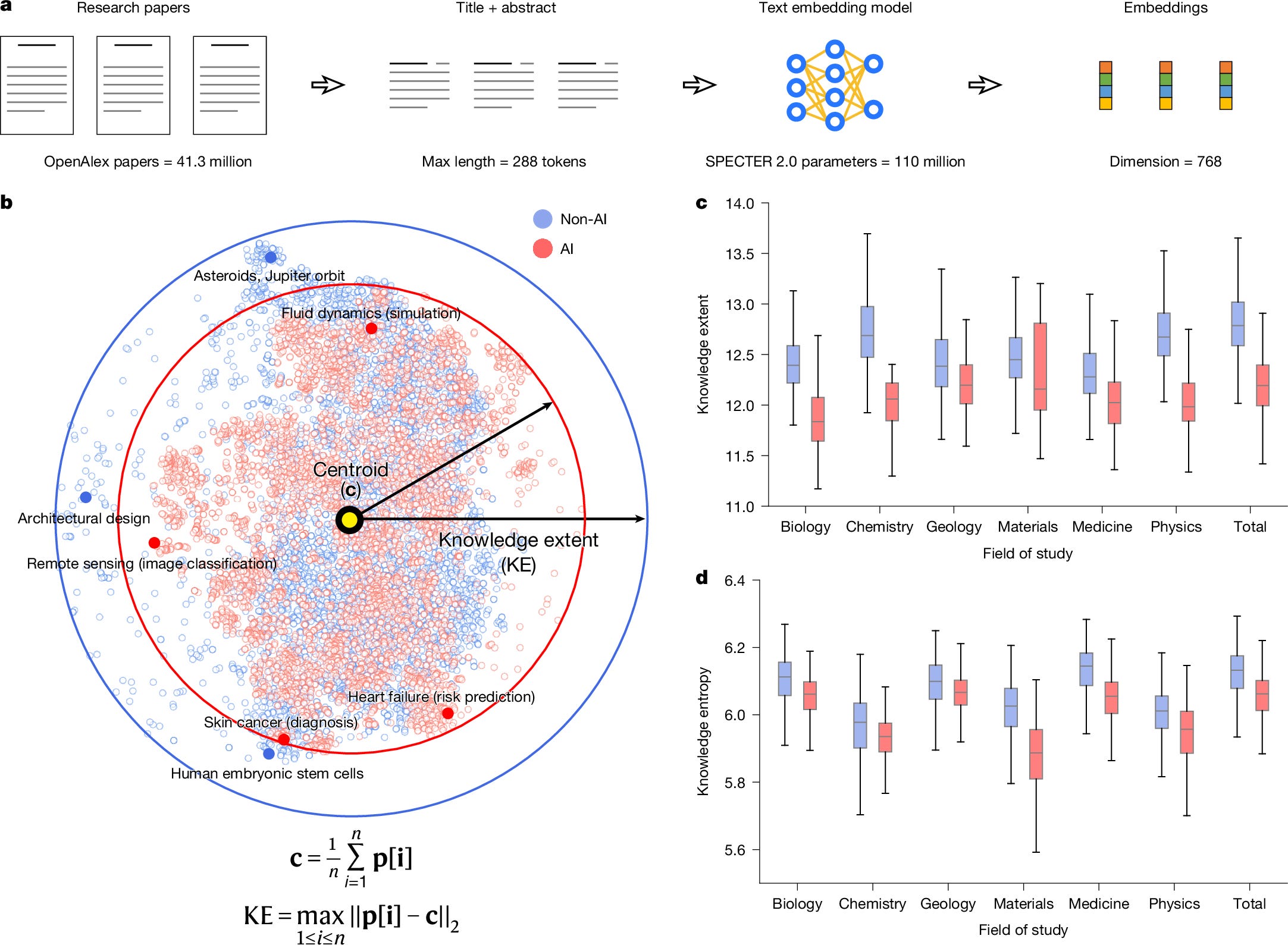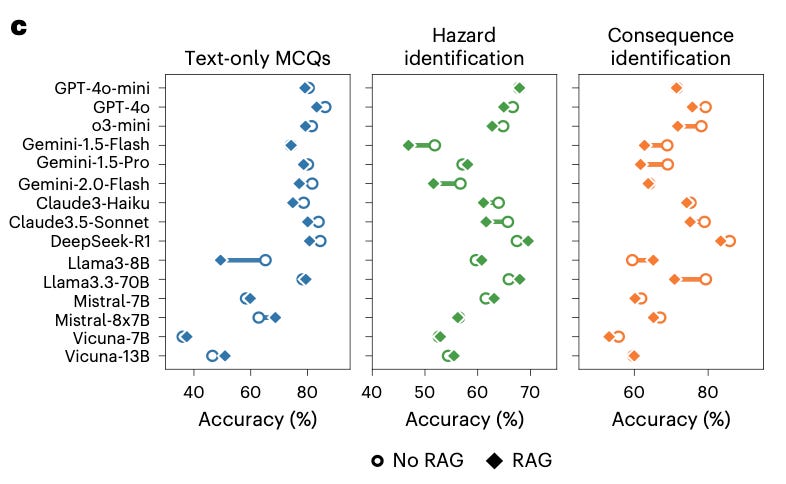
We cannot teleport physical proximity, but we can replicate its psychological effects in remote teams. This has everything to do with propinquity. If the physical world provided connection by accident, the digital world requires connection by design. The most critical loss in the shift to remote work is “propinquity,” a fancy word for physical nearness.






